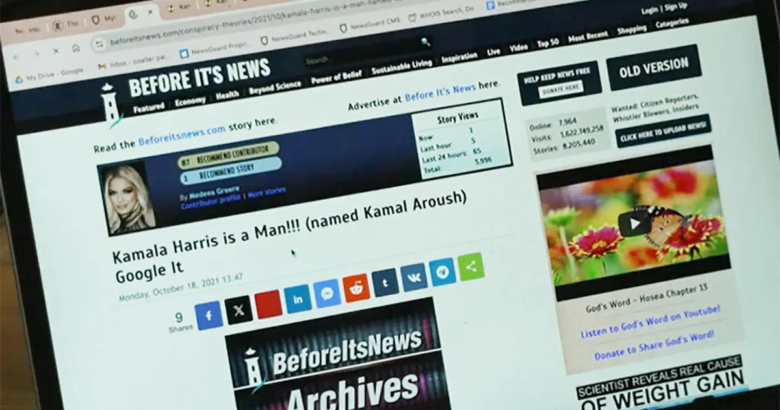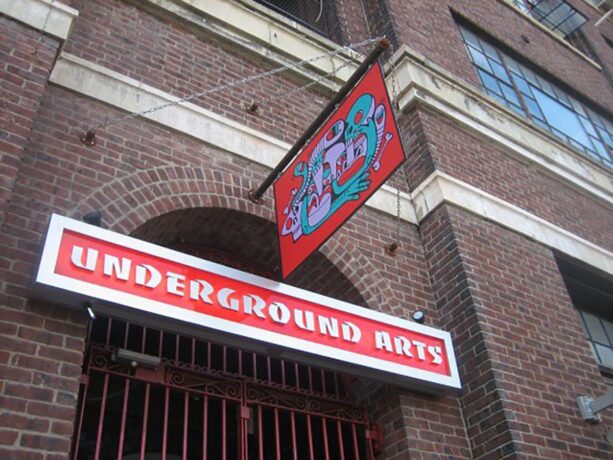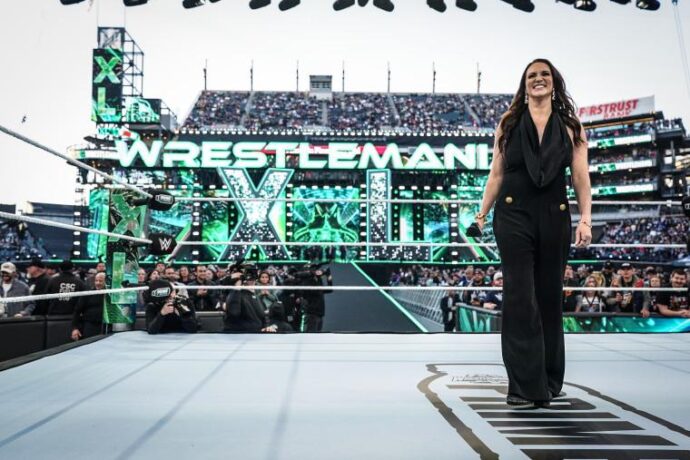
In the world of rock and roll, few bands have had as significant and enduring an impact as Deep Purple. With their fusion of hard rock, blues, and classical influences, they have left an indelible mark on the music industry for decades. The band’s prowess on stage, their iconic hits, and their immense fanbase have solidified their place in rock history. Yet, despite all of their success and longevity, one recent development has raised eyebrows across the globe: the announcement of the Deep Purple Fake Farewell Tour.
This tour has caused a stir among fans, critics, and the broader music community, raising questions about the authenticity of their claims and the band’s true intentions. In this article, we delve into the origins of the Deep Purple Fake Farewell Tour, examine its significance, and explore the controversies surrounding the announcement.
The Legacy of Deep Purple
Before diving into the controversy, it’s important to first acknowledge the monumental legacy of Deep Purple. Formed in 1968, the band is widely regarded as one of the pioneers of hard rock and heavy metal, alongside bands like Led Zeppelin and Black Sabbath. Their music, which includes timeless hits such as “Smoke on the Water,” “Highway Star,” and “Child in Time,” has influenced generations of musicians and continues to be beloved by fans across the world.
Over the years, the band has gone through numerous lineup changes, with the most iconic being the “Mark II” lineup, which included Ian Gillan (vocals), Ritchie Blackmore (guitar), Roger Glover (bass), Jon Lord (keyboard), and Ian Paice (drums). Despite the various transitions, the band continued to tour and release albums, keeping their relevance in the ever-evolving rock scene.
The Announcement of the Deep Purple Fake Farewell Tour
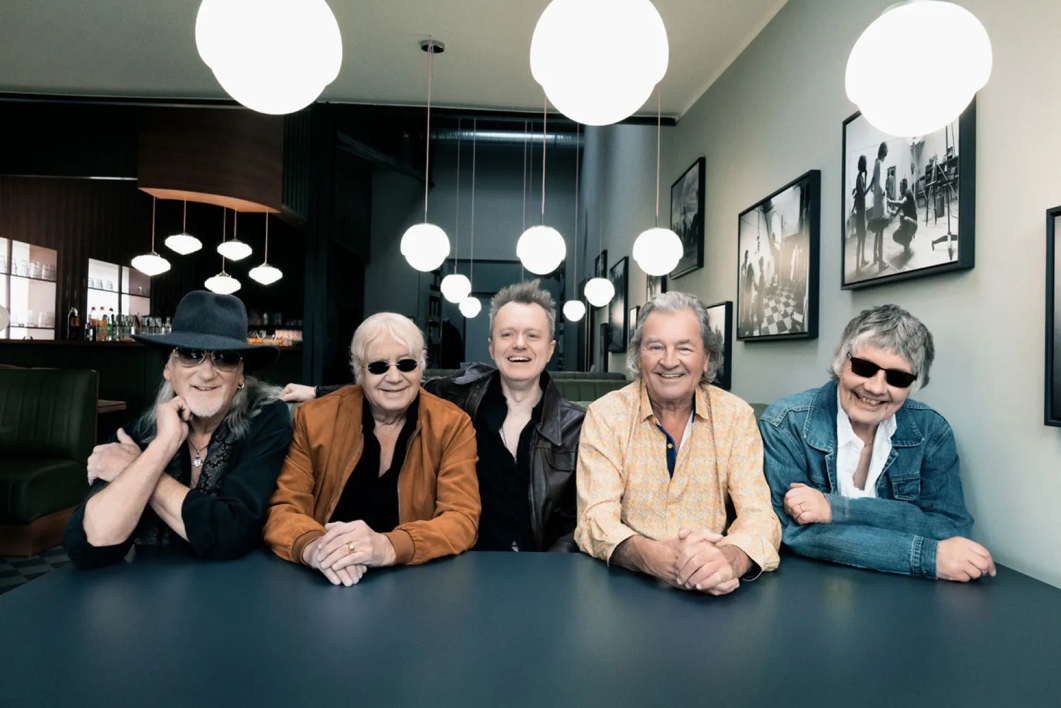
The concept of a farewell tour is something that fans of many iconic bands are familiar with. Throughout rock history, several legendary groups have announced their “final” tours, often leading to great fanfare and an outpouring of love from audiences eager to see their idols one last time. The idea of Deep Purple embarking on a farewell tour was met with mixed emotions—fans were thrilled to see the band one last time, but some were skeptical.
However, things took an unexpected turn when rumors began circulating that the Deep Purple Fake Farewell Tour was not as genuine as it seemed. Unlike many farewell tours in the past, which were framed as the last chance for fans to see their heroes perform live, Deep Purple’s Fake Farewell Tour raised doubts about whether the band was truly stepping away from the stage. It didn’t take long for whispers of a fake farewell to surface, leading to confusion, frustration, and, in some cases, anger among fans.
The Motive Behind the Fake Farewell Tour
To understand the true motives behind the Deep Purple Fake Farewell Tour, it’s important to examine the broader context. Rock bands, especially those with a rich history like Deep Purple, often find themselves in complex situations when it comes to touring and public statements. The need to keep their legacy alive while managing their personal and professional lives can create tension between band members and fans.
One possible reason for the Fake Farewell Tour is financial. Like many bands, Deep Purple relies on touring as a major source of income. As one of the most recognizable rock acts in history, the band undoubtedly still commands a loyal following. Announcing a “farewell tour” could create a sense of urgency and excitement, drawing in larger crowds and ensuring a more profitable run.
Another consideration could be the band’s desire to end their touring career on a high note without completely retiring from the music industry. The Deep Purple Fake Farewell Tour could be a strategic move to give fans what they want—one last show—while still leaving the door open for future performances. This would allow the band to retain their status as rock legends while maintaining a degree of flexibility.
The Controversy Surrounding the Fake Farewell Tour

The most significant controversy surrounding the Deep Purple Fake Farewell Tour stems from the lack of clarity and communication from the band regarding the true nature of the tour. Fans who attended early shows were under the impression that this would be the last opportunity to see the band live, only to later learn that Deep Purple had no intention of permanently stepping away from the stage. This caused confusion, with some fans feeling deceived and betrayed by what they perceived as a cynical marketing move.
Critics have argued that the Deep Purple Fake Farewell Tour is an example of a growing trend in the music industry—where bands use the emotional appeal of a “last tour” to maximize ticket sales and create a sense of nostalgia. The move was particularly controversial given the band’s long history of farewell tours that, over the years, seemed to blur the line between genuine retirement and opportunistic marketing.
While Deep Purple has not directly addressed the accusations of their farewell tour being “fake,” the lack of transparency regarding their plans for the future has only fueled the controversy. Some fans have pointed out that it’s unclear whether the tour is truly meant to be the band’s last, or if it’s merely a way to capitalize on the emotional investment of their audience.
The Band’s Response to the Fake Farewell Tour Claims
In response to the backlash, Deep Purple has issued statements clarifying that they never explicitly claimed the Fake Farewell Tour was their definitive final tour. The band’s management has suggested that the term “farewell” was more of a symbolic gesture—an acknowledgment of their incredible journey rather than a firm commitment to retire permanently. The use of the word “farewell” was meant to mark the end of a chapter, but not necessarily the conclusion of their career.
Some band members have spoken out, emphasizing that their passion for playing live and connecting with their audience remains strong. However, the ambiguity of their message has done little to quell the growing frustration among fans who feel misled by the way the Deep Purple Fake Farewell Tour was marketed.
What Does This Mean for the Future of Deep Purple?
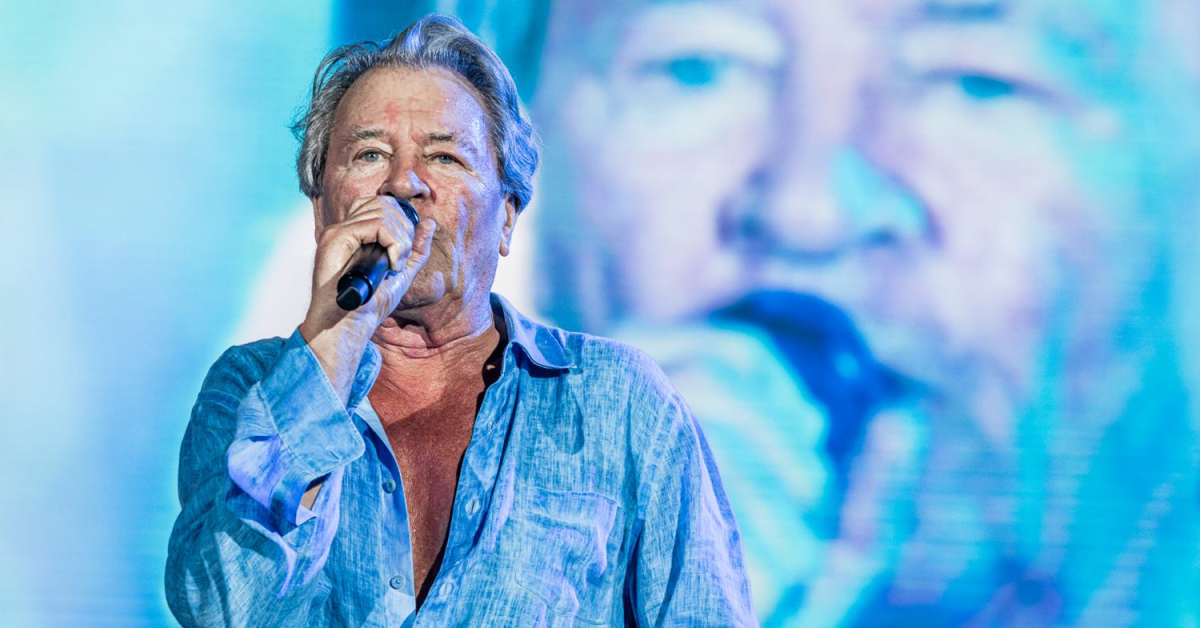
Looking ahead, the controversy surrounding the Deep Purple Fake Farewell Tour raises important questions about the future of the band. While some fans have expressed disappointment with the unclear messaging, others have come to terms with the reality that rock bands are not immune to the pressures of the music business. For Deep Purple, it seems that the line between farewell and continuation is not as black and white as it once was.
If Deep Purple continues to tour after the conclusion of their so-called “farewell” shows, they will likely face further scrutiny. However, it is important to remember that bands evolve, and sometimes, the desire to perform can outlast the desire to retire. In the case of Deep Purple, their ongoing popularity and immense fanbase suggest that they are not ready to step away from the stage just yet.
Fans’ Reactions to the Fake Farewell Tour
Reactions from Deep Purple fans have been mixed, with some feeling disappointed and betrayed by the band’s decision to label the tour as a “farewell” despite future plans to continue. On the other hand, many fans have expressed understanding, acknowledging that bands of Deep Purple’s stature often face difficult decisions regarding their legacy and future.
Some have argued that the idea of a farewell tour, especially in the rock and roll world, is a marketing gimmick that has become too common. Whether it’s the Kiss “farewell tour” or The Rolling Stones’ endless touring, fans have grown accustomed to the idea that “farewell” might not always mean “forever.” For many, seeing Deep Purple on stage once more is enough to justify any confusion or frustration over the use of the term “farewell.”
The Role of Farewell Tours in Rock History
The phenomenon of farewell tours is not unique to Deep Purple. Throughout rock history, many bands have gone on “final tours,” only to return for additional performances down the line. Whether it’s due to financial pressures, the enduring love of performing, or simply the desire to extend their careers, rock bands have a long history of reinterpreting the concept of a “farewell.”
Some of the most famous farewell tours in rock history have been viewed as symbolic gestures, allowing bands to give fans one final experience of their live performances. However, the constant reemergence of “final” tours has led to a certain level of cynicism from fans who feel that these tours are more about generating revenue than actual retirement. The Deep Purple Fake Farewell Tour only highlights the fine line between a genuine farewell and a marketing strategy.
Conclusion
The Deep Purple Fake Farewell Tour has sparked a significant debate within the music community, highlighting the challenges that come with announcing a “final” tour in an era where bands often redefine the meaning of retirement. While the band’s true intentions remain unclear, the controversy surrounding this tour serves as a reminder of how rock bands balance their legacy, fan expectations, and the realities of the music industry.
Whether this is truly the last chance for fans to see Deep Purple live or just another chapter in their storied career remains to be seen. What’s certain, however, is that Deep Purple’s legacy will continue to influence generations of musicians, regardless of whether they retire from touring or not. Their music lives on, and for many fans, that’s all that matters.
In the end, the Deep Purple Fake Farewell Tour may just be a part of the larger rock and roll tradition of blurred retirements and ongoing performances, and as long as they keep rocking, their fans will be along for the ride.
